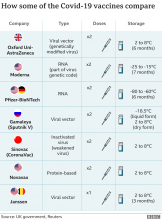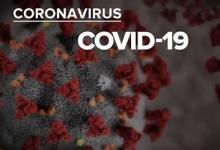Genetic Resistance to Covid-19 - in the genes and blood ?
As a young man, Stephen Crohn could only watch helplessly as one by one, his friends began dying from a disease which had no name. When his partner, a gymnast called Jerry Green, fell desperately ill in 1978 with what we now know as Aids, Crohn simply assumed he was next.
But instead as Green became blind and emaciated as the HIV virus ravaged his body, Crohn remained completely healthy. Over the following decade, dozens of friends and other partners would meet a similar fate.
In 1996, an immunologist called Bill Paxton, who worked at the Aaron Diamond Aids Research Center in New York, and had been looking for gay men who were apparently resistant to infection, discovered the reason why. When Paxton tried to infect Crohn's white blood cells with the HIV virus in a test tube, it proved impossible.
It transpired that Crohn had a genetic mutation – one which occurs in roughly 1% of the population – which prevents HIV from binding to the surface of his white blood cells. Over the following decade, scientists developed an anti-retroviral drug called maraviroc, which would transform the treatment of HIV by mimicking the effect of this mutation. It has proved crucial in helping to control the virus in infected people.
While Crohn died in 2013 at the age of 66, his story left a legacy that has stretched well beyond HIV. Over the past two decades, it has inspired a whole new realm of medical science, where scientists look to identify so-called "outliers" like Crohn, who are either unusually resilient or susceptible to disease, and use them as the basis for discovering new treatments.


